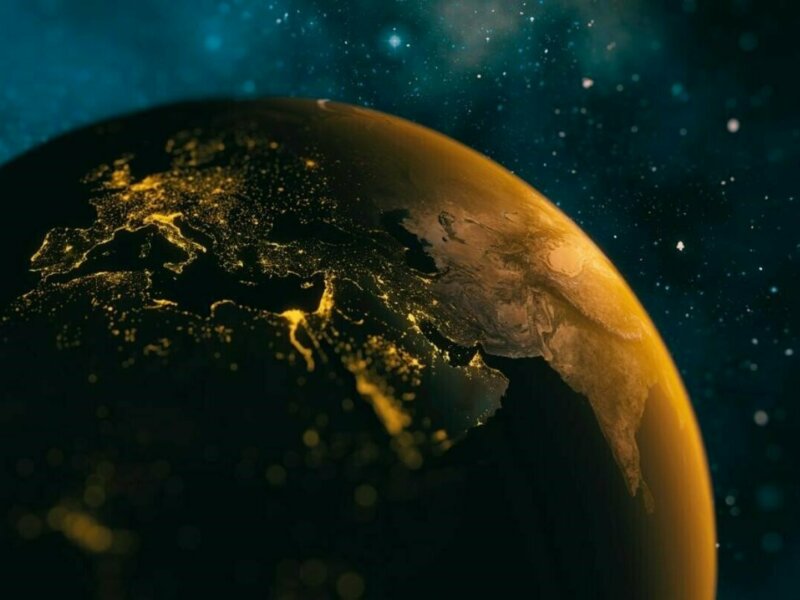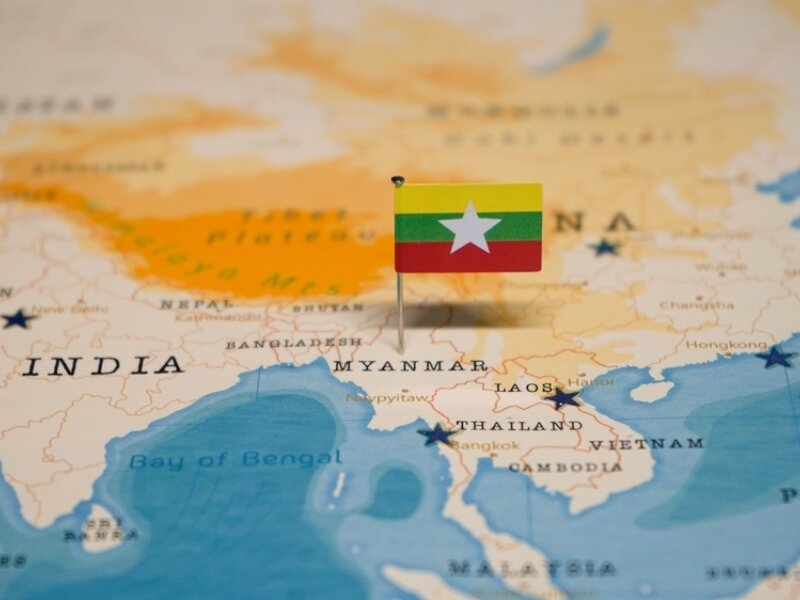Africa and the geopolitics of natural gas
As the Russia-Ukraine crisis leads to a change in gas supplies to Europe, Africa is becoming a more relevant player in this complex game, which goes well beyond the energy business. An analysis by Alessandro Giuli

The global crisis triggered by the Russia-Ukraine war has suddenly put Africa back at the centre of the energy interests of the West. Right after the outbreak of the conflict, the Italian Minister of Foreign Affairs and International Cooperation, Luigi Di Maio, flew to Algiers to meet the President of Algeria, Abdelmadjid Tebboune, and called for stronger collaboration between Italy and Algeria in the economic and energy fields, through the Transmed pipeline supplies.
A few days earlier, when Russia and Ukraine had not yet resorted to weapons, the Heads of State and Government of the Gas Exporting Countries Forum (GECF) met in Doha, Qatar, for the Forum’s sixth Summit. The Summit validated the strategic importance of Algeria, Libya, Nigeria, Egypt and Equatorial Guinea. All of these countries are, to various degrees, interested in collaborating for their common interest and from a renewed position of strength. This is especially true for Algeria, whose strategic position is particularly favourable. President Tebboune declared that “Algeria is known to be a reliable gas supplier” and urged the Forum to become a more present and dynamic player, especially in promoting cooperation among member countries. However, if Tebboune is deemed by the West to be the far end of the trail of alliances historically linking Moscow to the Maghreb – he deplored the “unilateral restrictions against some GECF member countries”, clearly referring to the sanctions against Russia – the conduct of other Forum members does not appear very encouraging for Europe either, as the region looks for alternative natural gas supplies. This means that a possible increase in production may not result in soaring prices being immediately brought under control.
On the other hand, it is unlikely that oil producers will compensate natural gas shortages, as pointed out by the Nigerian Minister of State for Petroleum Resources, Timipre Sylva. Referring to Iran – whose shadow hangs heavy on the diplomatic chessboard of Western democracies – Sylva said: “We don’t have do anything extraordinary this time because we are expecting a lot of production, […] We are expecting more production if a nuclear deal with Iran works out (since) there will be production from them.” It is not hard to identify a chain effect from Donbas region all the way to the Summit in Qatar, where Iran, represented by President Ebrahim Raisi, has played along with its African partners to put pressure on Washington in view of the revision of the sanctions currently in place against Tehran on the nuclear issue.
The ‘axis of evil’ – to borrow the expression coined under George Bush Jr’s presidency – also includes Equatorial Guinea, represented at the Doha Summit by President Teodoro Obiang. Having strengthened his military alliance with Russia, Obiang is now claiming to be “defending GECF sovereign interests” from foreign interferences. At the same time, the Libyan Minister of Oil and Gas, Mohamed Aoun, following a bilateral meeting with his Russian counterpart, announced the coming into force of the energy deals signed with Moscow on 17 November 2021, which, since 10 February 2022, also commit Algerian company Sonatrach under a tripartite protocol.
Algeria is therefore back in the spotlight. The Minister of Energy and Mines, Mohamed Arkab, has reached an agreement with counterparts in Niger and Nigeria on a roadmap for the development of the Trans-Saharan Gas Pipeline (TSGP), envisioned since the 1980s. The 4,000 km-long pipeline should mainly rely on Algerian infrastructural resources, while Nigeria would commit to producing up to 30 billion cubic metres of natural gas. The goal is to increase offer for Europe’s voracious energy market. However, up until a few months ago, some logistics and financial issues remained outstanding, as completion of the initial 614 km-long pipeline connecting Ajaokuta, Kaduna and Kano required US$2.6 billion. Moreover, the competing Nigeria-Morocco Gas Pipeline – also known as “Royal pipeline” – which is projected to run all the way to Spain, could represent an interference, especially as the Moroccan Government is not willing to give up on it, in light of its political, energy and military competition with Algeria.
This brings the focus back again on the Maghreb geopolitical fault line, where the heightened tension between Morocco and Algeria has long been reflecting a broader East-West confrontation.


